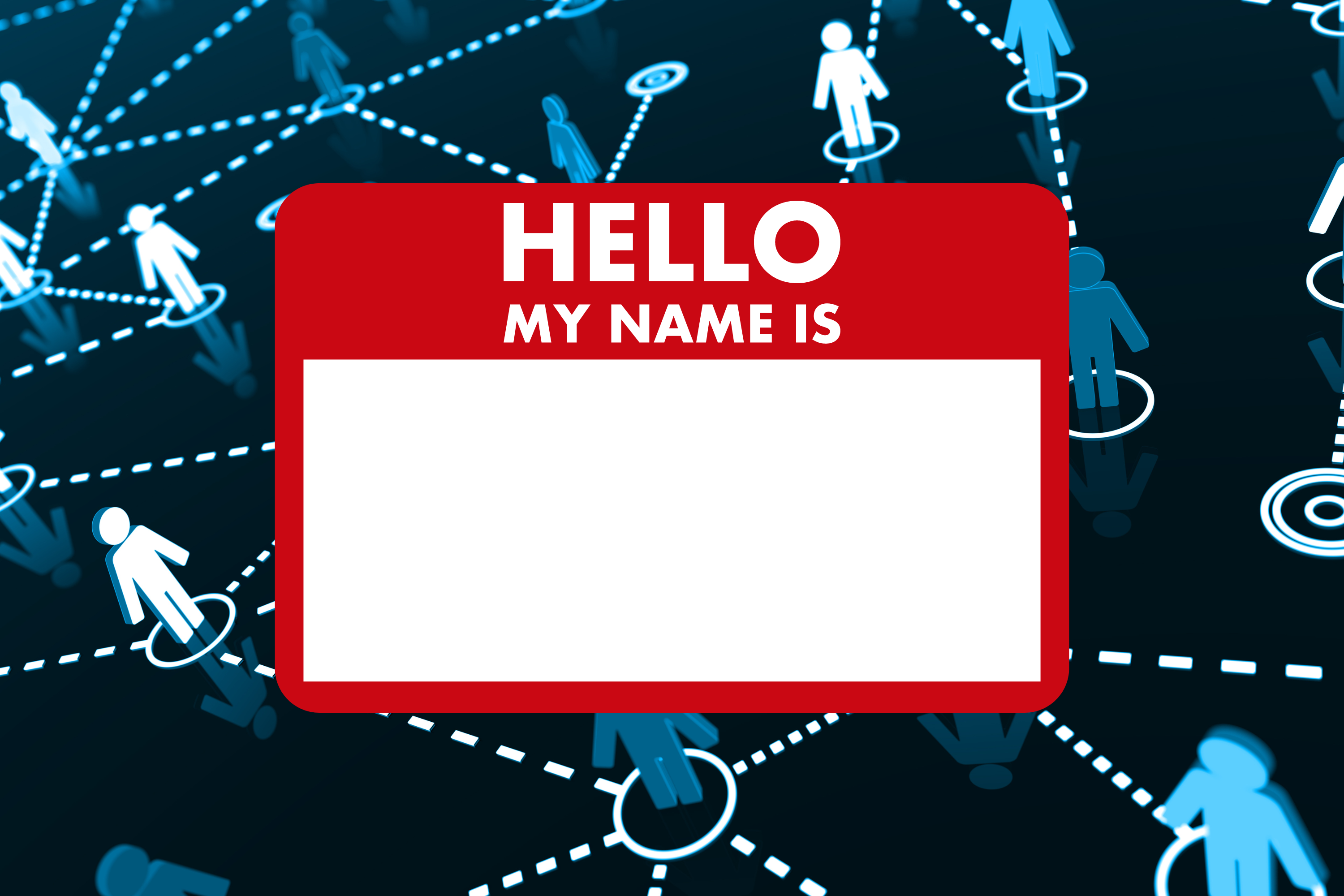I spoke to a potential customer a few days ago.
They have been recommended to me by a business group as someone who can help them achieve better sales results.
I can and will 😀 When they sign up of course….
The conversation with this potential customer was interesting though. We chatted about what they wanted to achieve and what was stopping them from achieving results.
I asked them to be honest.
‘I am at a loss’ the person told me.
‘I have really good conversations with people and I think all is good. I chat with them about what they want and I then send them a proposal but then I get ghosted. What am I doing wrong?’
Ah, the old problem of ghosting I said to them. It’s a common issue sadly.
People don’t mean to lie to you but they do.

Being in sales for a long time and continually thinking (sometimes to a level of paranoia!) about what others think has given me great intuition and tools to know whether someone is lying to me.
Being married has also helped. There have been plenty of times when Mrs W has said yes when I know she didn’t really mean it. 
But I hadn’t been able to put this into a simple system for others to follow until I read “Never Split the Difference”.
Chris Voss was the FBI’s lead negotiator for many years and I first came across his book around 5 years ago.
I loved it and I strongly recommend you read it as well. In fact, I like the book so much that the first 3 people to click this link and request a copy will get one sent to them. Fastest fingers first. Go!
The book is about how to negotiate but it covers so many other areas that help us understand the people we are talking and selling to. Our buyers!
Voss talked about having to develop his skills because ‘he couldnt get half a hostage back’ and he was right! But in addition to being able to negotiate with terrorists, he also identified that when people are speaking to us, they give us 3 different types of yeses.

The First is the Counterfeit Yes
The other person says the word but they don’t mean it at all. They are lying. They all too often would prefer to say ‘yes’ there and then so that they can get you off the phone or away from the meeting.
‘Yeah sure, send me some information’ or ‘Yeah sounds fine to me’.
Ah, how much time has been wasted in the world of business by someone saying ‘yes’ when they don’t really mean it. Millions and millions of Hours.
Why do people, especially potential buyers, say it?
Very often it’s because they want to avoid conflict. A recent survey showed that 76% of employees in companies prefer to stay quiet rather than deal with an issue there and then and I have no doubt that those stats mirror what goes on in the commercial buying world.
All too often it’s because it’s just easier as well. Just say yes and the annoying sales person will go away. There we have the counterfeit yes.

The Second is the Confirmation Yes
Voss says that this yes is a 50/50 yes. They are open to your idea but they have doubts. There is indecision within their mind which is causing them to sit on the fence.
It’s a yes but not a total yes.
‘Yes I think this would be a good solution for us’ or ‘Yes I think that price is OK’.
Very often their voice and their body language show that they are keen but they have reservations. As with any coin toss, you could win but you could also lose. And losing in sales when you spend time and energy on deals is not a good thing.
It’s why I always encourage those in sales to probe beneath the surface. To dig a bit more into what you hear. Otherwise, the yes that you thought was a chance to move forward was covered in doubts which turned it into a no.
Know when its happening and how to handle it.

The Third is the Commitment Yes
This is the yes we really want. The 100% ‘I mean what I say yes’. It’s a sign of true belief in the decision they are making or thought they have.
‘Yes sure, that figure fits within our budget plans’ or ‘Yes I am sure, I don’t want to move forward with your solution’.
It’s communicated with confidence. They have made their mind up and are committed to the course of action. Changing a person from this type of yes (especially if it is to say they are going in a different direction  ) is very very difficult. In fact, very often they have swung so much to this side that they won’t change back so that they don’t look stupid.
) is very very difficult. In fact, very often they have swung so much to this side that they won’t change back so that they don’t look stupid.
When the yes means positive news, its a boost. When its bad news it’s a kick in the proverbials..
So there you have the 3 Types of Yeses. And if it was good enough for the FBI then surely it’s good enough for you as you engage with a new buyer?
The book has so many other nuggets of gold within it that it’s a book I give out to those I do training courses with. If you do want to become a wizard at negotiation and really read and understand others that you talk with, then get your hands and eyes on a copy.
Now you know the different types, how can you spot them? I will cover that next Saturday with some different examples for you to listen to yourself. Because so much of the ‘yeses’ and spotting which one is which is based on tone. Tone is our AMAZING sales friend.







